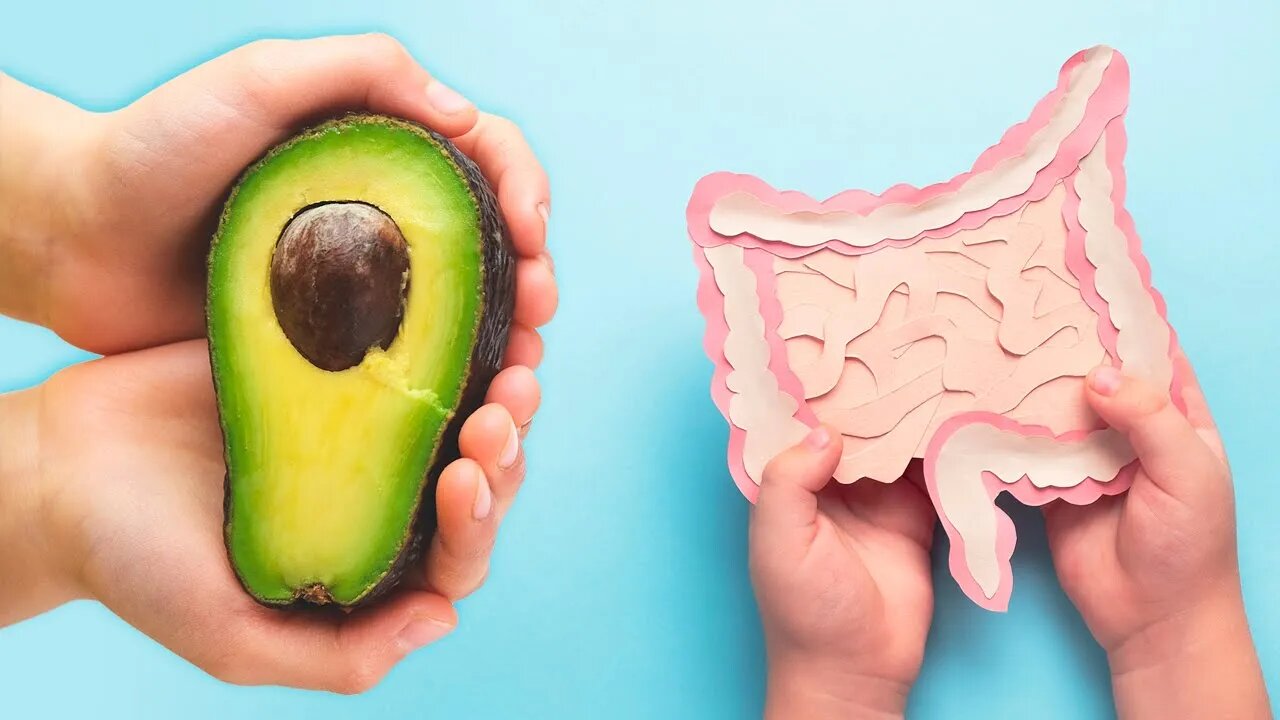Premium Only Content

What Happens When You Eat Avocados Every Day
Avocado has appeared on the channel a few times.
We talked about why you should eat avocado every day, how to make it last longer, why not throw away the pit, and even how its leaves are good for the health. Have you watched any of these videos?
Avocado is rich in fibers, vitamins C, K, and B, and potassium and copper. Besides that, it:
Helps prevent stretch marks, wrinkles, and cellulitis because it is rich in vitamin C, which helps metabolize the collagen that makes the skin firm;
Aids in muscle hypertrophy, giving energy for exercise and proteins that help in muscle recovery;
Helps control and prevent heart diseases, controlling the LDL cholesterol (bad) and increasing HDL cholesterol (good) while lowering triglycerides levels.
Increases hydration of the hair, making it shinier and softer;
Improves brain function by stimulating blood circulation and increasing concentration which contributes to memory.
See how many benefits?
If you like avocado like us, you will be surprised by what we found out:
According to a new study from the University of Illinois, eating an avocado a day improves intestinal health. Did you know that?
You don't need to eat a whole avocado per day to get this benefit.
Now that you know another benefit, try adding avocado to your diet.
After all, the same way we worry about how our diets affect our hearts, we need to think about how they affect our intestinal health.
Now tell us: how often do you eat avocados?
0:00 Benefits of eating avocados
0:59 Avocado and intestinal health
1:47 How much avocado can you eat per day
----------------------------------------
Facebook: https://bit.ly/38BWbw3
Pinterest: https://bit.ly/2Irvwa6
Disclaimer: The materials and the information contained on Natural Cures channel are provided for general and educational purposes only and do not constitute any legal, medical or other professional advice on any subject matter. These statements have not been evaluated by the FDA and are not intended to diagnose, treat or cure any disease. Always seek the advice of your physician or other qualified health provider prior to starting any new diet or treatment and with any questions you may have regarding a medical condition. If you have or suspect that you have a medical problem, promptly contact your health care provider.
-
 6:47
6:47
Natural Cures
1 year ago $1.34 earnedIf You Take Moringa Powder Every Day, This Will Happen to Your Body
4.71K3 -
 23:34
23:34
marcushouse
9 hours ago $11.50 earnedBREAKING: Starship Launch IMMINENT – But What’s This SURPRISE Flight 9 Plan?! 🚀🔥
71.8K9 -
 8:43
8:43
Film Threat
1 day agoTHE MONKEY | Film Threat Reviews
72.5K2 -
 15:55
15:55
TSPLY
1 day agoThe Media Is Very Afraid Of FBI Director Kash Patel
55.1K41 -
 6:57
6:57
Cooking with Gruel
22 hours agoMake Cheese Great Again
43.3K12 -
 5:17
5:17
Mrgunsngear
1 day ago $8.45 earnedPresident Trump Has Appointed A New ATF Director
47.9K37 -
 48:17
48:17
Athlete & Artist Show
8 days ago $4.76 earnedS5E1: Chucky Announces First Kid, 4 Nations Face Off, and more!
71.2K3 -
 38:30
38:30
hickok45
10 hours agoSunday Shoot-a-Round # 269
81K18 -
 1:39:55
1:39:55
Squaring The Circle, A Randall Carlson Podcast
1 day ago#040 Humanity's Expansion Into The Cosmos: A New Age - Squaring The Circle
47.5K6 -
 12:54
12:54
ariellescarcella
20 hours agoYou're NOT Queer, Just Annoying And Boring
33.7K22